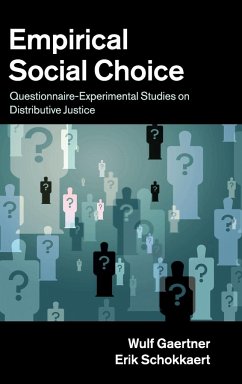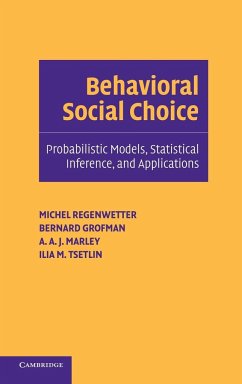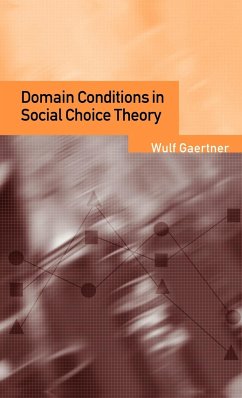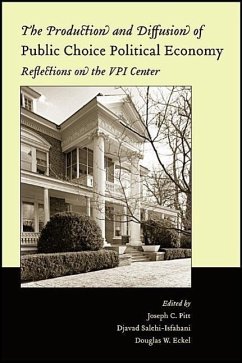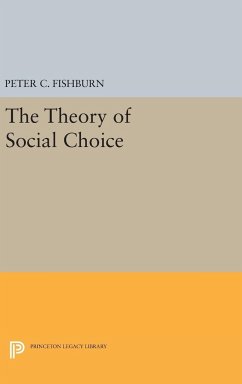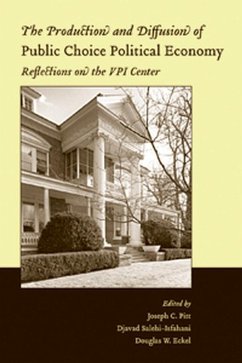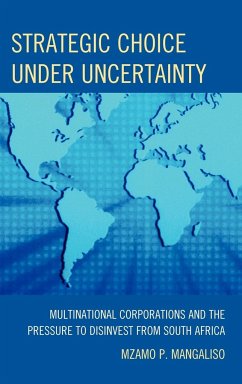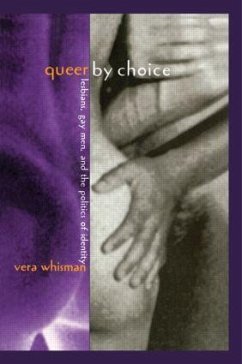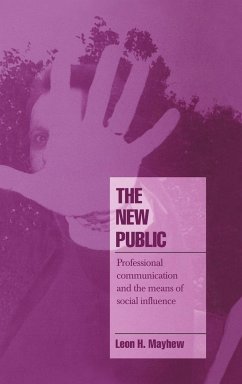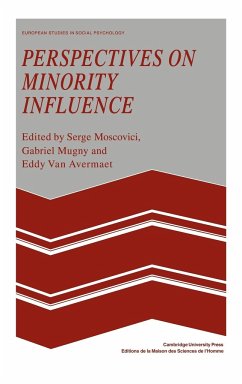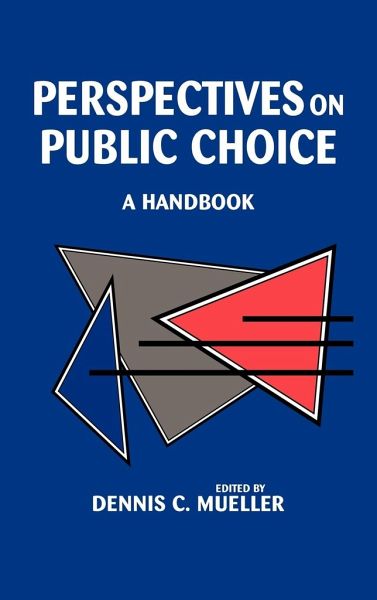
Perspectives on Public Choice
Versandkostenfrei!
Versandfertig in 1-2 Wochen
173,99 €
inkl. MwSt.

PAYBACK Punkte
87 °P sammeln!
Public choice or rational politics differs from other approaches to the study of political behavior in that it builds on models in which rational individuals seek to advance their own interests. This five-part volume surveys the main ideas and contributions of the field. It contains twenty-five essays written by thirty scholars, both economists and political scientists, from North America and Europe. Part I discusses the nature and justification for the existence of government and various forms it can take, including mixed, private, and public institutions, international organizations, federal...
Public choice or rational politics differs from other approaches to the study of political behavior in that it builds on models in which rational individuals seek to advance their own interests. This five-part volume surveys the main ideas and contributions of the field. It contains twenty-five essays written by thirty scholars, both economists and political scientists, from North America and Europe. Part I discusses the nature and justification for the existence of government and various forms it can take, including mixed, private, and public institutions, international organizations, federalisms, and constitutional governments. Part II examines the properties of different voting rules and preference aggregation procedures. Part III explores multiparty systems, interest groups, logrolling and political business cycles. The individual decisionmaker is the focus of Part IV, with surveys of the experimental literature on individual behavior, and why people vote as they do. The final section applies public-choice reasoning to bureaucracy, taxation, and the size of government.





